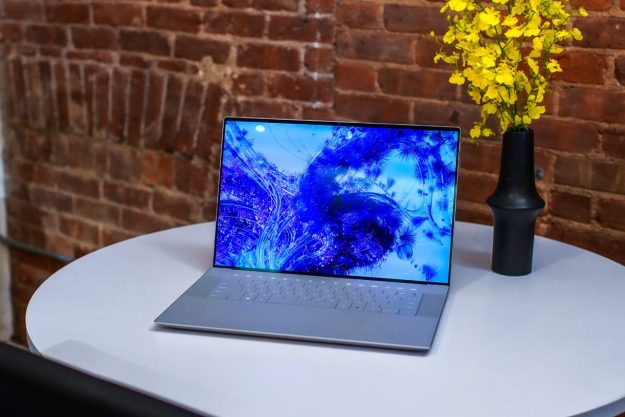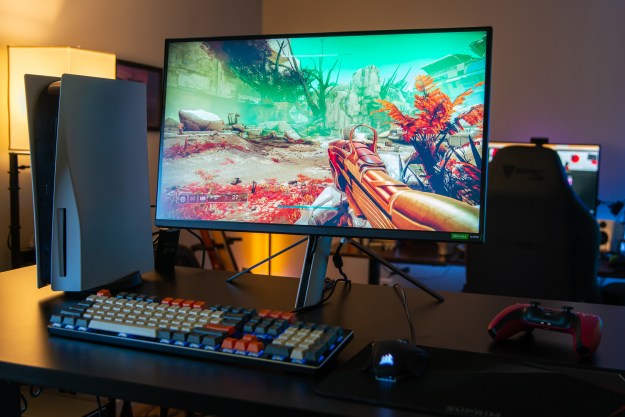
Facebook is getting into the cryptocurrency market. It announced a digital wallet called Calibra on Tuesday, which it plans to launch in 2020.
The company wants to be the one to bring the reported 1.7 billion “unbanked” adults into the world of financial services under its umbrella. But the company’s solution isn’t another Bitcoin — far from it. Libra, as the currency is known, is designed to allow Facebook users to make purchases on the social network and on other websites online.
Rather than a truly decentralized token, like Bitcoin, Libra will be managed and controlled by Facebook and a consortium of companies like Visa and Mastercard. You’d be right to think it doesn’t sound much like your typical cryptocurrrency. But with
Centralized cryptocurrency
Libra has reportedly been under development for over a year at Facebook. Before publishing a white paper in mid-June, the social networking giant sought, and continues to seek, funding from companies to help develop Libra and grant them access to the consortium of firms that will manage it moving forward. These founding members of the “Libra Association,” have already been joined by major platforms like Booking.com, and Argentina-based ecommerce site, MercadoLibre, as well as Uber, Visa, Mastercard, and PayPal. Those are some big players in the digital banking world.
The announcement has some cryptocurrency enthusiasts revving their engines, making some pretty big claims on Libra.
The launch of Facebook’s cryptocurrency will go down in history as THE catalyst that propelled digital assets (including Bitcoin) to mass global consumer adoption. Will be remembered as just as important — and transformative — as the launch of the Netscape browser
Buckle up
— Barry Silbert (@barrysilbert) June 14, 2019
The potential is certainly there. Facebook’s gargantuan influence in messaging and social networking give it a reach and ease of access that few companies could hope to compete with. But Bitcoin fans are unlikely to be as impressed. Libra is not Bitcoin, even if it does share the same underlying blockchain technology and is built upon similarly open source software. It’s closest representative within the existing crypto-space is Ripple and its XRP token, but that centralized cryptocurrency still isn’t quite what Libra is. Libra is more like Disney Dollars for an online ecosystem like
Although not as centralized as Ripple with a single company controlling its future, Libra is still set to be managed by a collection of large financial and technological organizations, as well as venture capitalists, telecoms, and academic institutions. Some of which will control the on-off ramps for investment. That flies in the face of the idea behind most cryptocurrencies.
Take Bitcoin, for example. It’s incredibly hard to regulate and control by its very design. It’s decentralized with no one entity able to exert control over its blockchain, or the transactions that take place on it. Libra is described as a “permissioned” network, which validates nodes and at this time, requires financial investment from them, to be considered.
Where Bitcoin was designed to remove the gatekeepers from the financial world, Libra just makes Facebook and its association the only gatekeepers that matter. Their collective power makes them the only ones who can mint new Libra tokens, or burn (destroy) existing ones. With a two-thirds majority of association members voting on it, they could even theoretically lock people out of their Libra wallets, or block transactions from taking place entirely.
With Bitcoin and most other cryptocurrencies, none of that is possible. No one can control the money that goes into or out of Bitcoin. That’s one of its true strengths, but is also one of the reasons it’s faced difficulty with adoption on a mass-market scale. That probably won’t be an issue for Libra, but it does raise questions about the impartiality of the association and its members.
Facebook and financial backers like PayPal, Visa, and Mastercard will have a stake and a say in Libra’s ongoing development and though the white paper does claim that the plan is to make Libra permissionless in the future, there’s no guarantee of that. Research into it isn’t even scheduled to begin for another five years after the launch next year, so it’s quite possible such altruistic aims will be quietly forgotten about. There’s certainly nothing stopping new members of the association with radically different ideas about its operation from swaying that two thirds voting majority in the future.
Zuck bucks will be fiat-based
Another core tenet of Bitcoin is that it isn’t tied to anything hard in the real world, like traditional currencies. It’s worth what people are willing to pay for it. Libra, instead, will be linked with a number of real-world currencies. That means there won’t be such major swings in value, making for a more stable transactional medium in theory (also known as a “stablecoin”), but it also means that it could be affected by all the same real-world politics as fiat currencies.
Cryptocurrency buyers often enjoy the benefits of their digital investment remaining siloed from fiat money, investing in it when their local currency is weak or fragile. If a global recession ever hits, Bitcoin will spike. Libra would presumably fall right along with dollars, pounds, and euros. There’s also the possibility that the association could cause swings in value by added new currencies or financial systems to base Libra’s value off.
None of this means that Libra won’t be popular or useful in some cases. It has the potential to bring billions of people around to the idea of using cryptocurrencies and helping those without bank accounts in remote parts of the world process digital payments swiftly and easily. It could quite literally revolutionize the global financial landscape as we know it.
In just a few short years, Libra could become an enormous endeavour and as intricate to our lives as any other social media function has become. But as we’ve seen with those same social networking firms, Libra raises concerns over impartiality, privacy, and monopolistic control over huge facets of our lives.
Lofty promises have been made about the separation of church and state with association members and Libra money, but longtime cryptocurrency users will likely keep their distance for now. Libra is not Bitcoin and for many it is the very antithesis of it. That is cause for concern and a sceptical stance on Libra for now. Even if the developers’ intentions were altruistic, which they rarely are with the kinds of companies that already populate the Libra Association, there’s little stopping those goals from changing in the years to come.
Even Google dropped “Don’t be evil” as its motto after 20 years.
But even if every Bitcoin user the world over doesn’t jump on Libra when it launches in the first half of 2020, your aunt probably will. And that’s exactly what Facebook is betting on.
Editors' Recommendations
- Facebook’s crypto dreams could be crushed as PayPal exits Libra Association
- The IRS is cracking down on people who didn’t pay taxes on Bitcoin earnings




